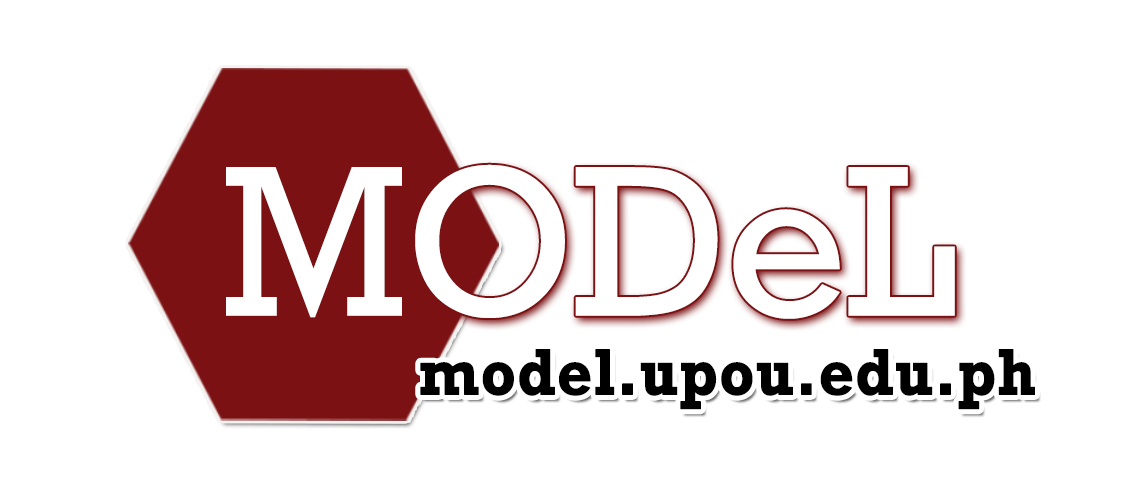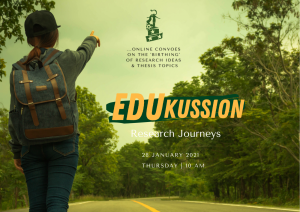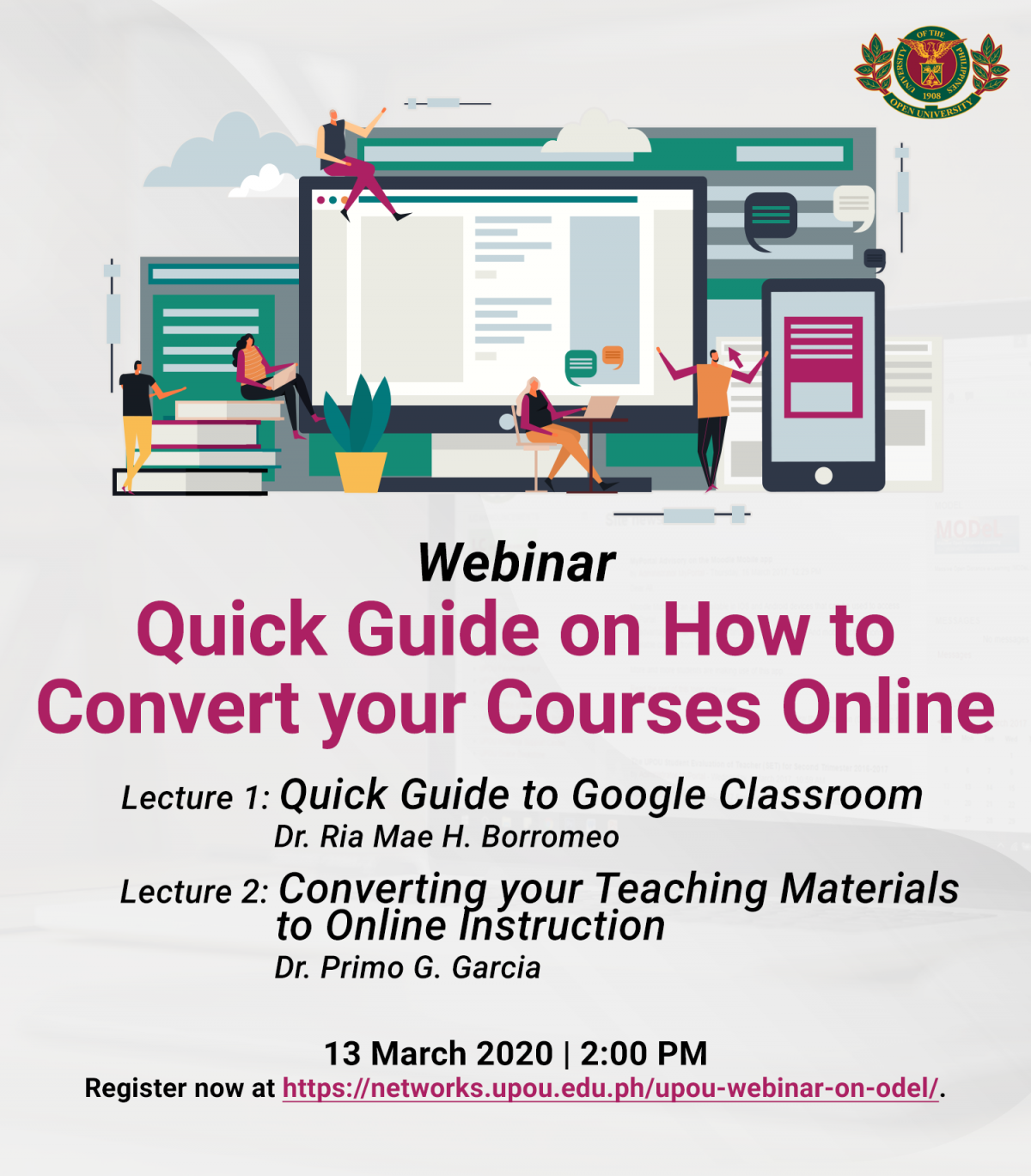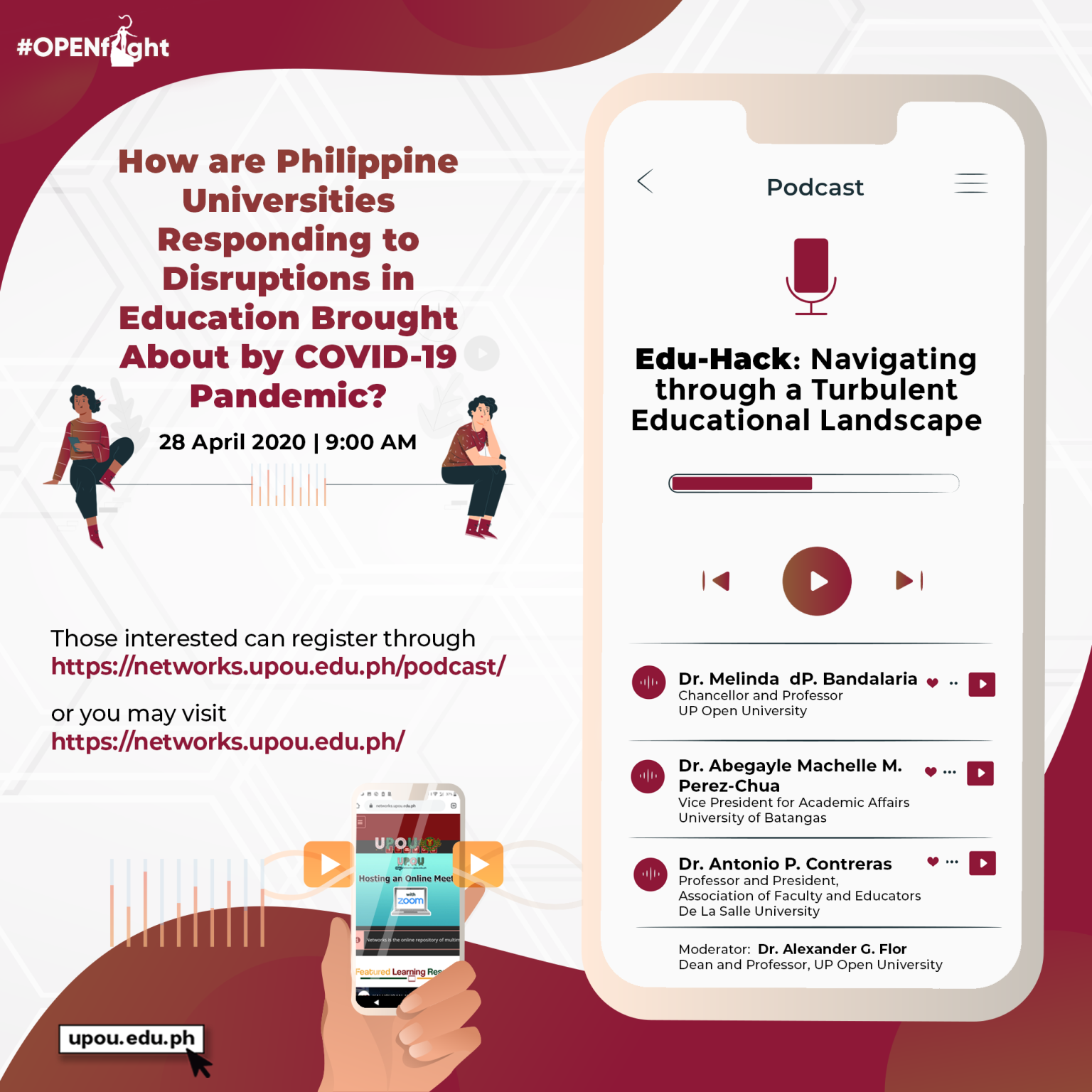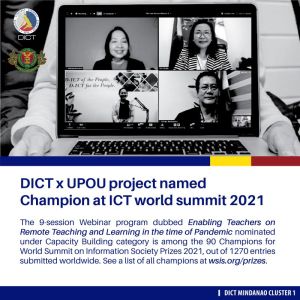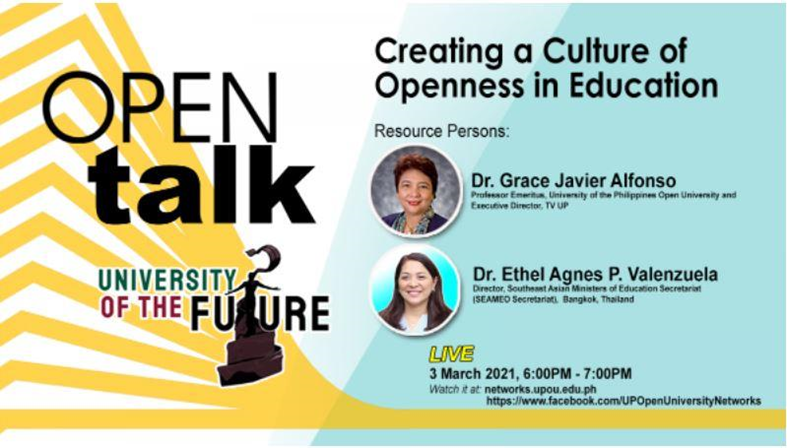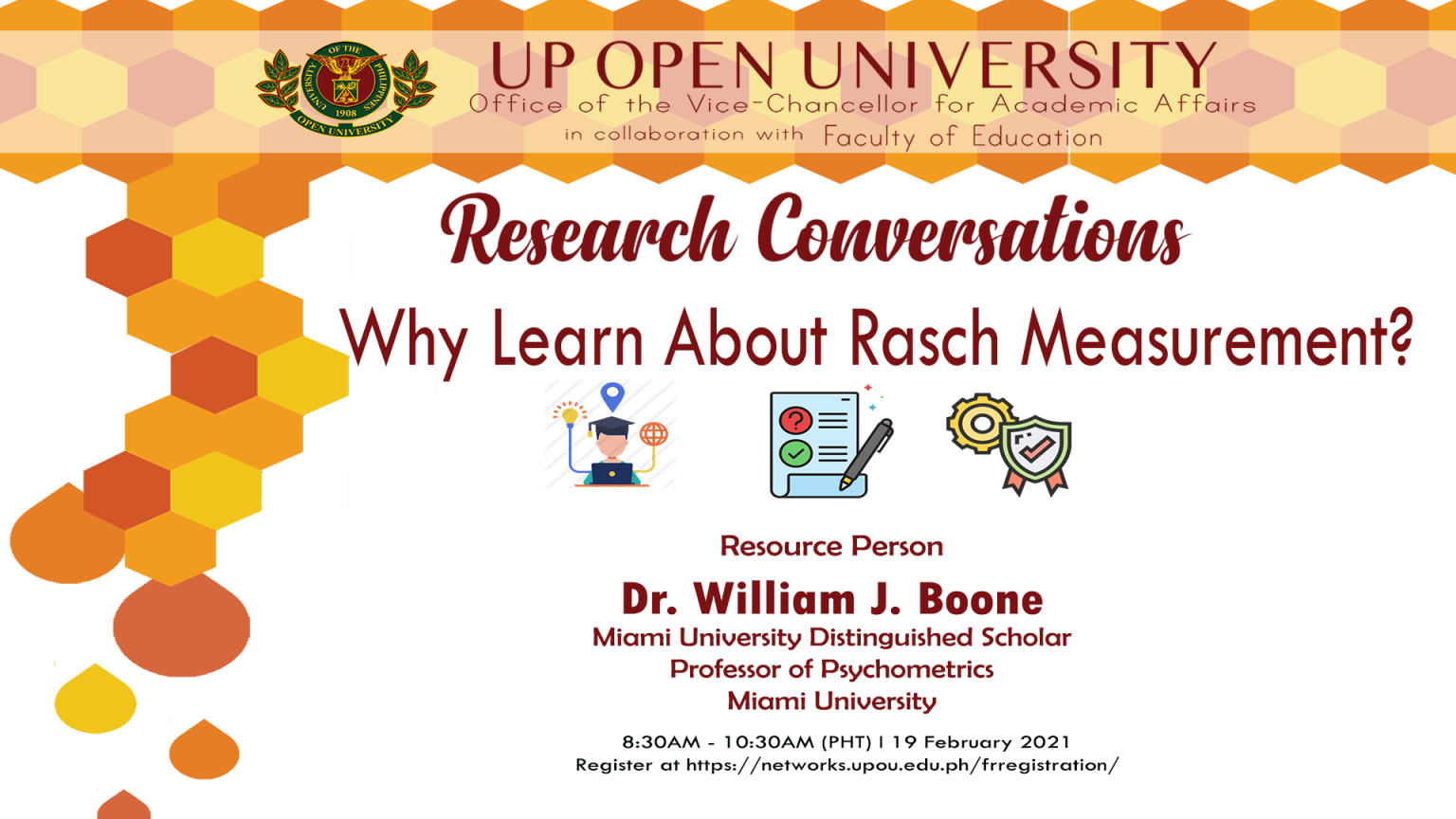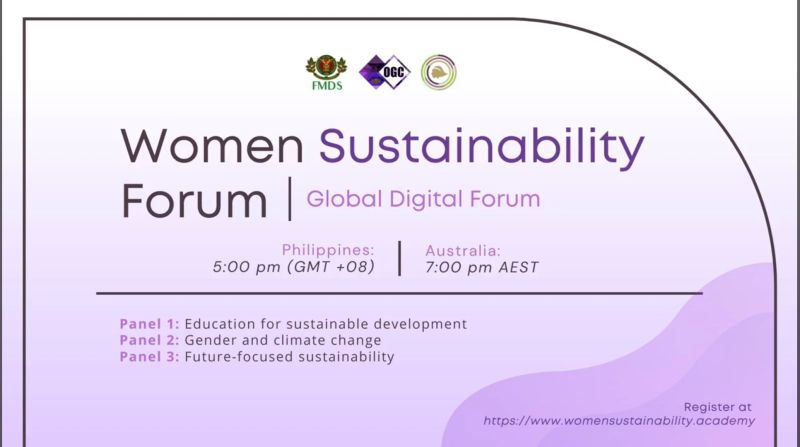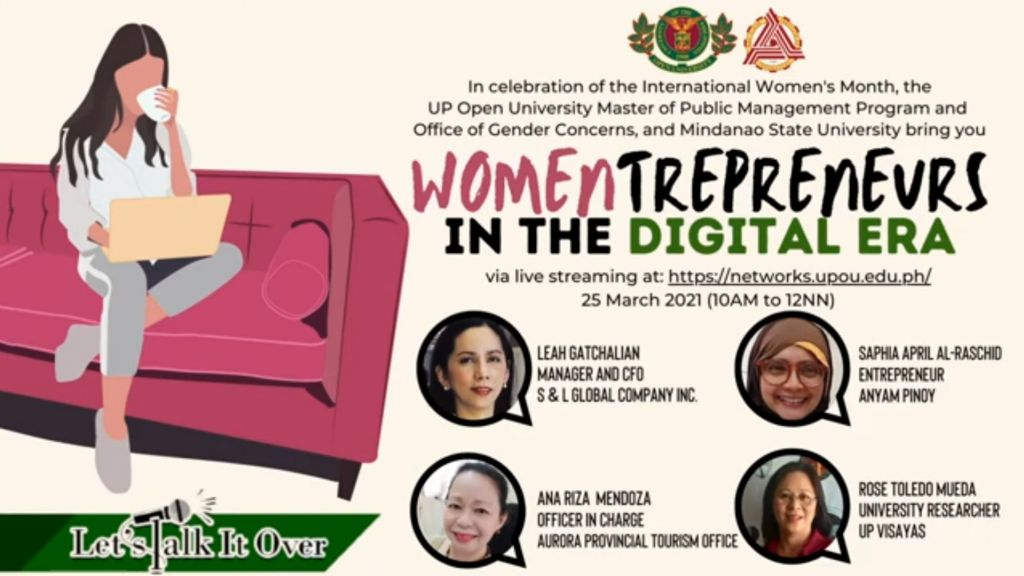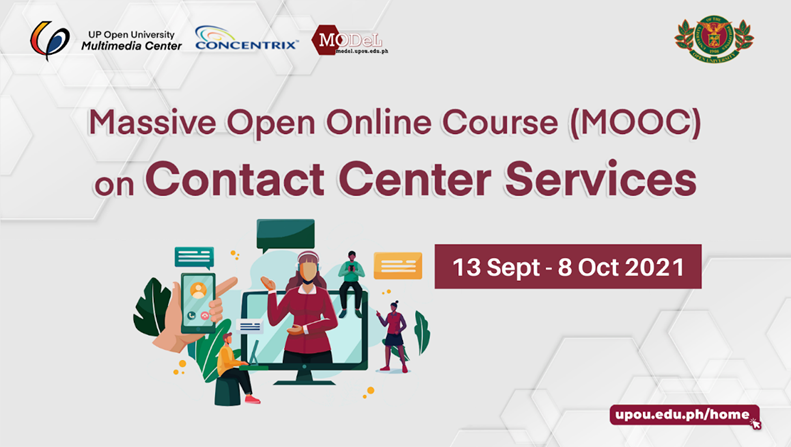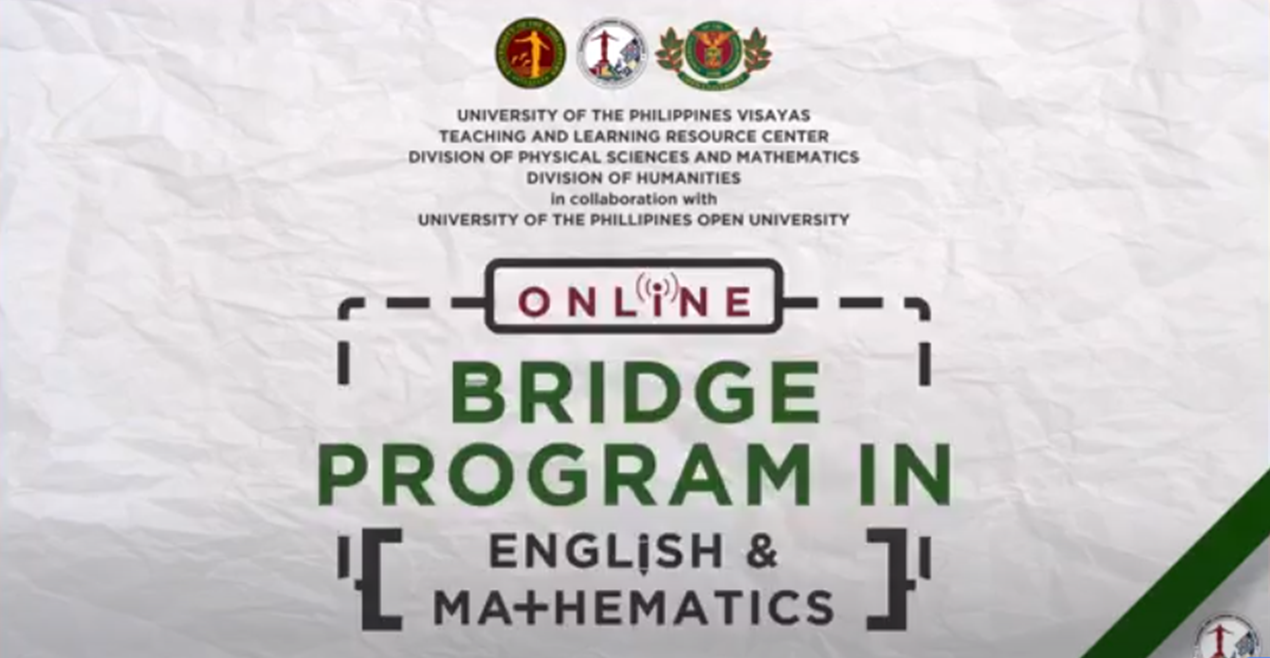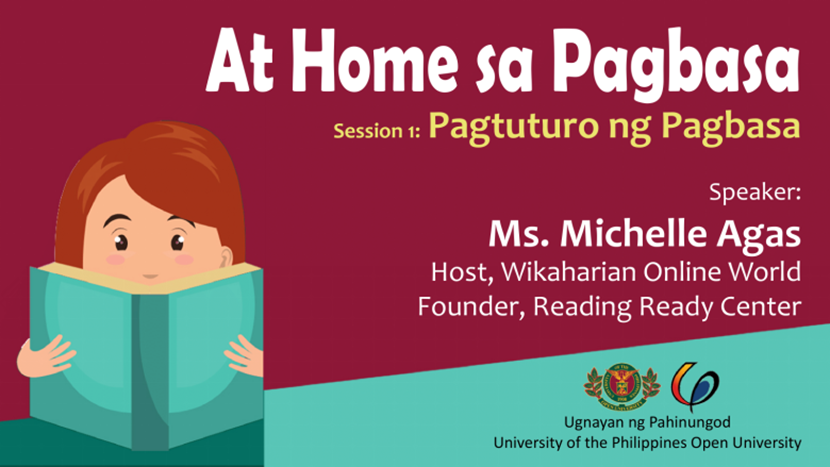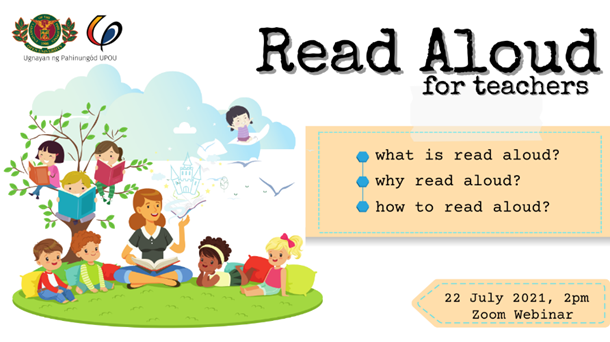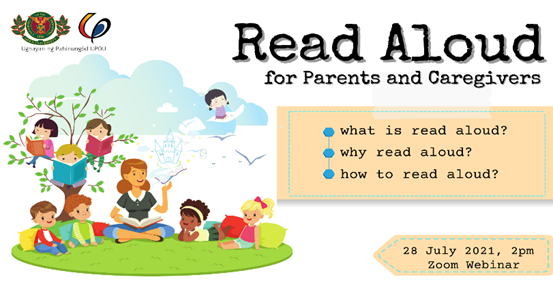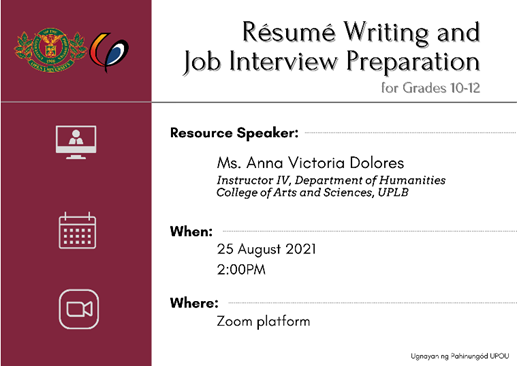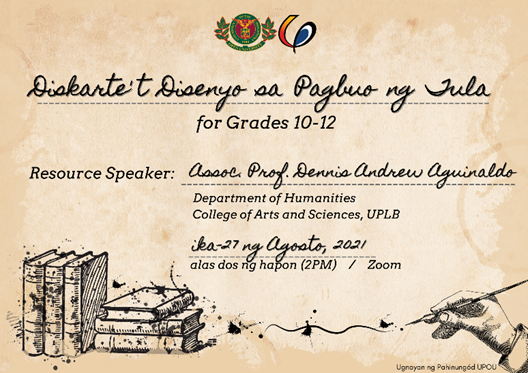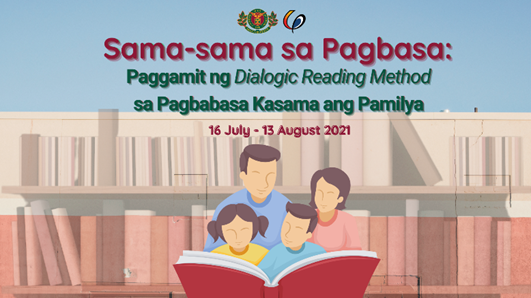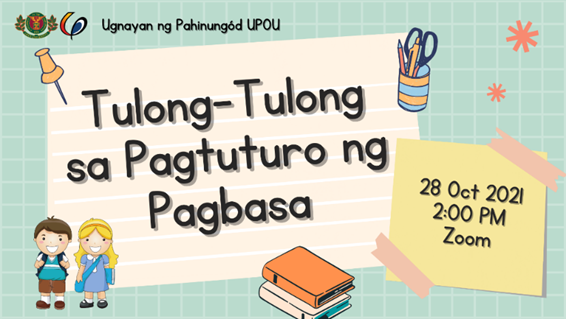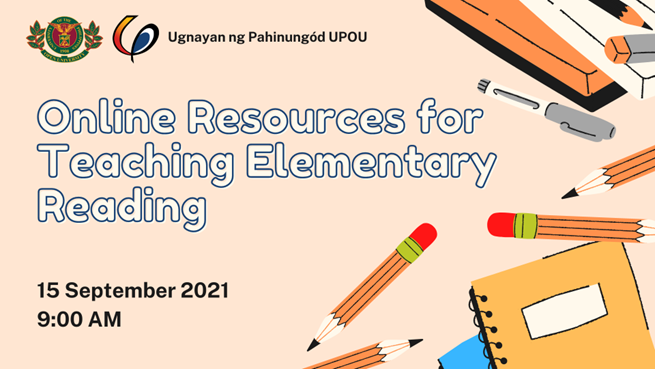UPOU ENSURES INCLUSIVE AND EQUITABLE QUALITY EDUCATION AND PROMOTES LIFELONG LEARNING OPPORTUNITIES FOR ALL
UPOU, a pioneer in the field of online teaching and learning, was established on February 23, 1995. Since then, its mission is to give Filipinos everywhere equal access to quality higher education through innovative methods of teaching and learning that are responsive to their needs as well as to the national development priorities. UPOU provides high-quality and easily accessible MOOCs, OERs, and webinars/seminars to the public for free. Aside from these, the University also offers programs to assist other Higher Education Institutions (HEIs) as well as training and outreach programs together with different partner institutions to reach and educate more people. As the nation’s most comprehensive distance education provider, UPOU has enabled itself to build a global community of mostly Filipino learners in more than 70 countries.
PUBLIC RESOURCES (LIFELONG LEARNING)
As part of its mandate, UPOU provides a vast array of educational resources, such as online courses, lectures, seminars and public lectures, not only to its constituents but also to those who are not studying in the university.
MOOCs and OERs
Aiming to accommodate thousands of enrollees from all over the world, UPOU constantly supports and promotes the use of different flexible ways of learning. The University continues to develop MOOCs and OERs to provide a variety of knowledge to those who want to develop their careers and acquire supplemental and lifelong learning for absolutely zero fees. UPOU has its own website, called MODeL, from where interested students can choose the MOOCs they would like to take. One can enroll by simply self-registering for the courses being offered on the website. This flexible way of learning is ideal for career shifters, out-of-school youth (OSY), alternative learning students (ALS), and Overseas Filipino Workers (OFWs).
Similar to MOOCs, OERs are another type of learning material that the University started developing in 2012 and continues to deliver in the forms of publications, videos, animations, web-streamed lectures, presentations, seminars, events, and podcasts. This vast array of educational materials is housed under UPOU Networks, the online repository of all UPOU-produced multimedia resources. As of 2020, thousands of OERs are available to anyone interested to advance their careers. Some of UPOU’s OERs can also be accessed through TVUP, an internet television (webcast) that provides free content for information and generates OERs to be made public.
UPOU PUBLIC RESOURCES FOR TRANSITION TO ODeL
UPOU has designed and developed the following MOOCs, webinars, and podcasts to help educators utilize the internet for transitioning from face-to-face classes to ODeL during the COVID-19 pandemic:
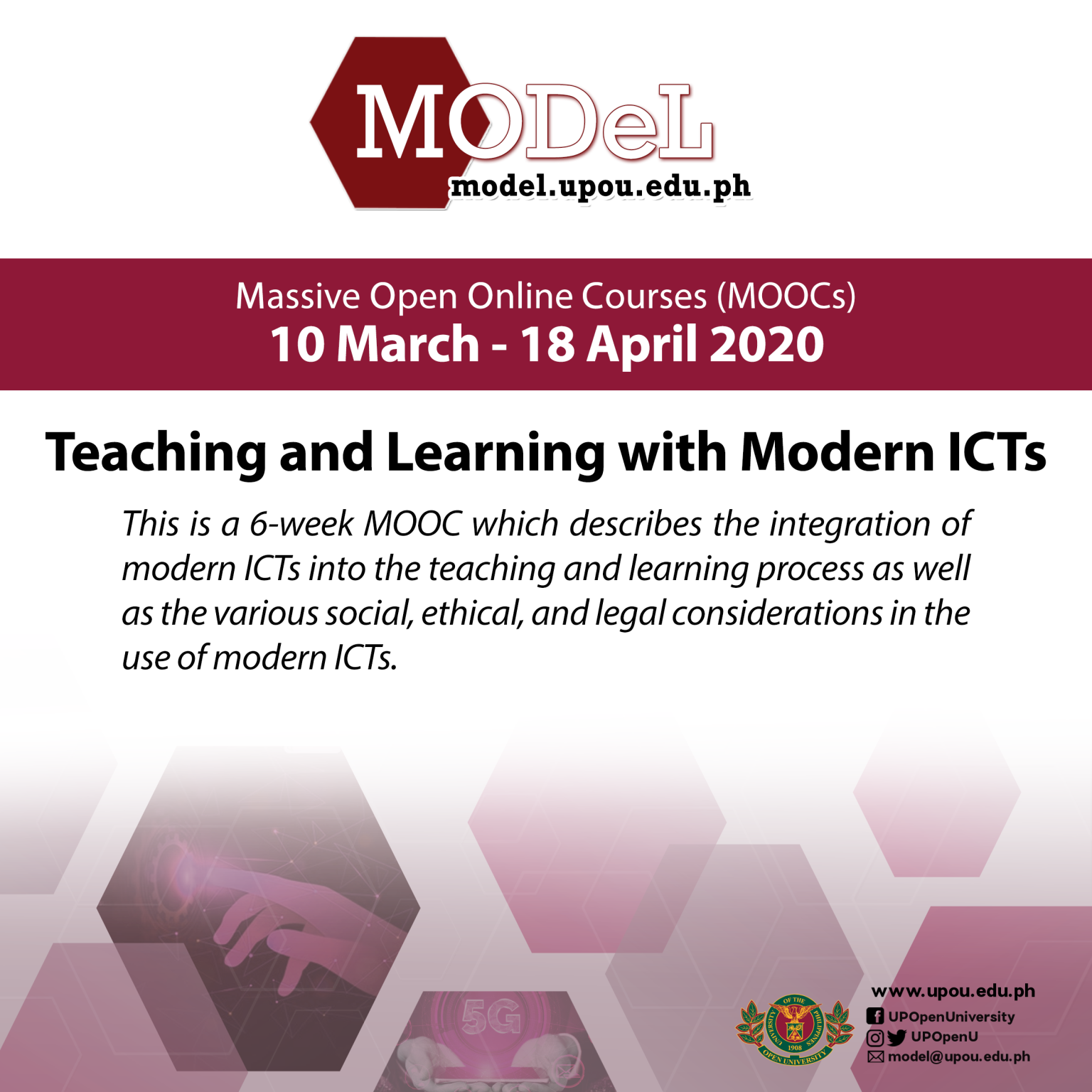
TECHNOLOGY FOR TEACHING AND LEARNING

EXECUTIVE COURSE ON REMOTE TEACHING AND LEARNING
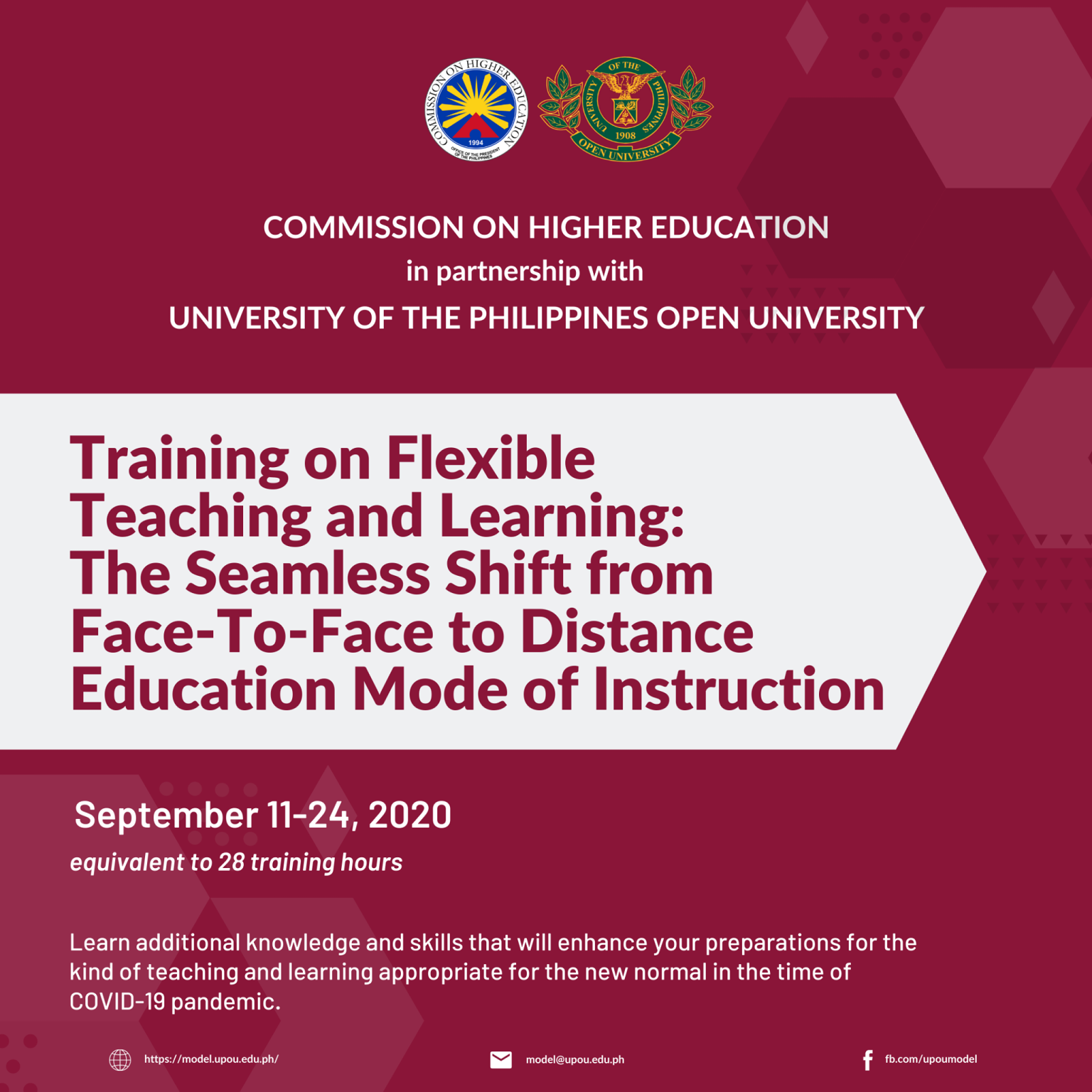
UPOU-CHED FLEXIBLE TEACHING AND LEARNING: THE SEAMLESS SHIFT FROM FACE-TO-FACE TO DISTANCE EDUCATION MODE OF INSTRUCTION
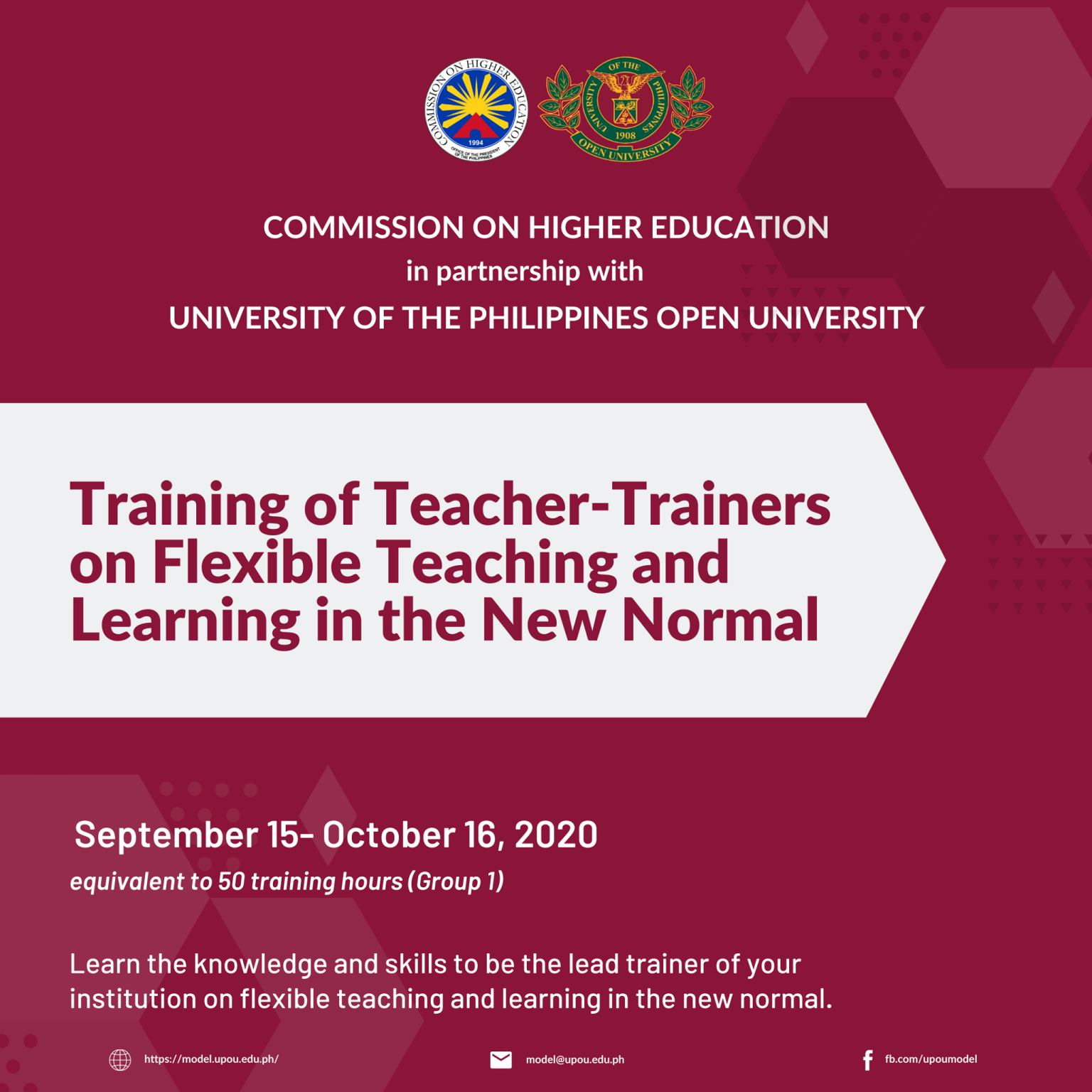
UPOU-CHED FLEXIBLE TEACHING AND LEARNING IN THE NEW NORMAL
PUBLIC EVENTS (LIFELONG LEARNING)
UPOU offers free access to events that aim to educate the public on different issues/concerns of our society. These are livestreamed on UPOU Networks website, UPOU Facebook page, and UPOU Youtube channel.
VOCATIONAL TRAINING EVENTS (LIFELONG LEARNING)
UPOU hosts events that are open to the general public such as short courses and/or vocational training for people who are not attending the university.
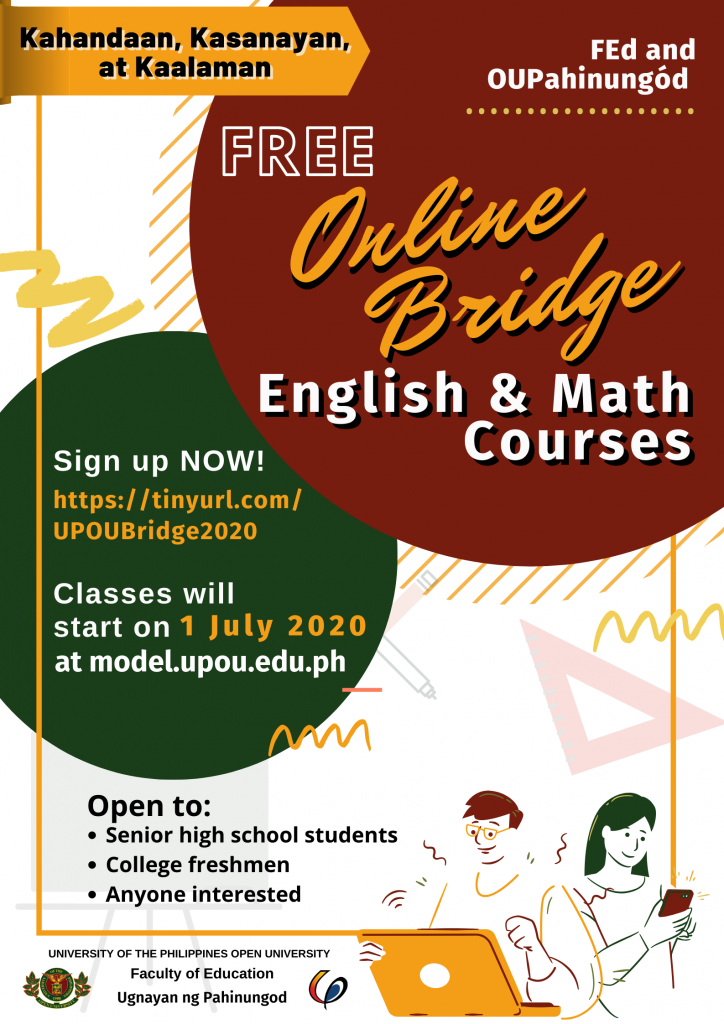
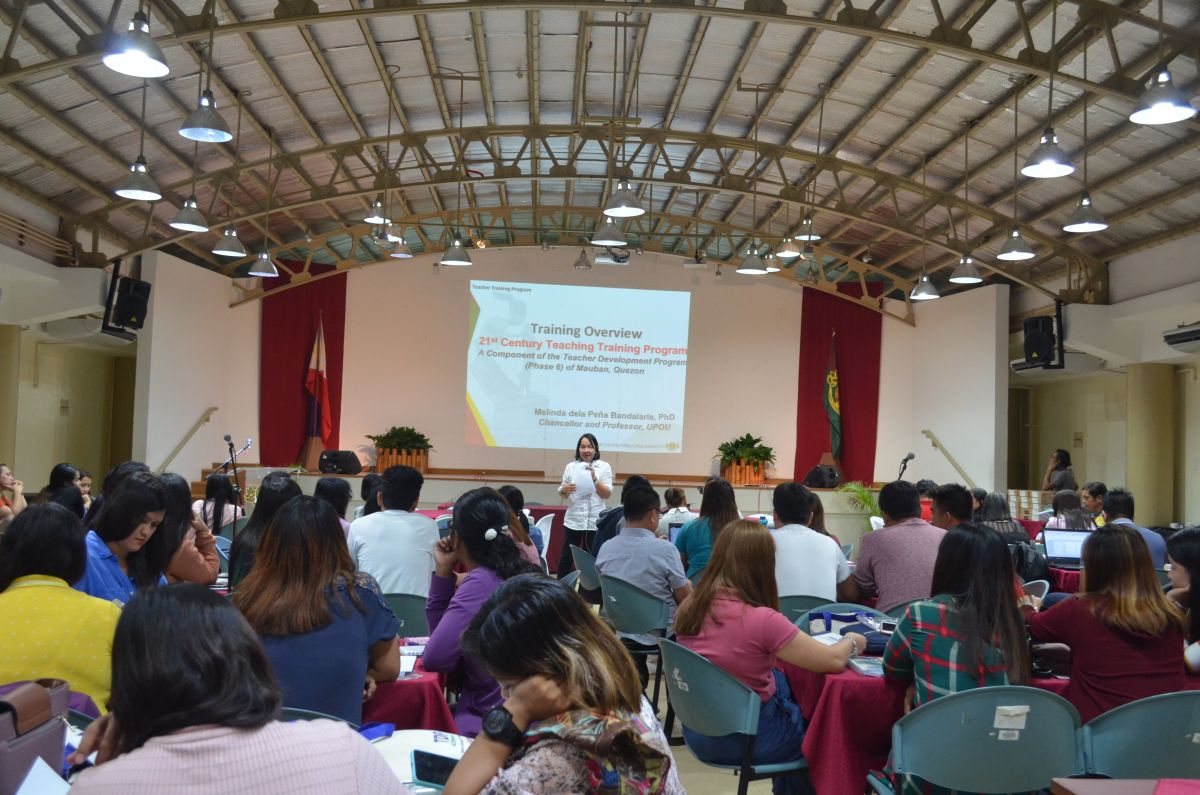

EMPOWERING THE YOUTH OF PILA THROUGH NEEDS-BASED TRAINING
EDUCATION OUTREACH ACTIVITIES BEYOND CAMPUS
UPOU participates in activities beyond campus (in the local schools and community), sometimes including student-run programs.
UPOU Re-Flex
To be more systematic and efficient, UPOU developed a response system, called UPOU Re-Flex, which shall aid HEIs in transitioning to open and distance eLearning (ODeL). The University consolidates all the requests for assistance that it receives from HEIs, and designs appropriate programs and resources that would help meet their needs. Through Re-Flex, UPOU was able to assist a total of 11,109 academic and non-academic institutions in the country. The training program includes the following topics:
- Planning the Course Content for Online/Flexible Teaching and Learning
- Preparing Learning Resources for Online/Flexible Teaching and Learning
- Designing Learning Activities Online/Flexible Teaching and Learning
- Strategies in Planning Assessment for Online/Flexible Teaching and Learning
- Facilitating Online/Flexible Learning
- Tools and Technology for Online/Flexible Teaching and Learning
- Establishing Learner Support for Online/Flexible Teaching and Learning
- Quality Assurance in Online/Flexible Teaching and Learning
LIFELONG LEARNING ACCESS POLICY
UPOU ensures that there are policies to access activities for all, regardless of ethnicity, religion, disability immigration, status, or gender.
UPOU’s MISSION, VISION AND OBJECTIVE
MISSION
The UP Open University seeks to provide wider access to quality higher education. It shall adhere to the highest standards of academic excellence, guarantee academic freedom, and encourage social responsibility and nationalistic commitment among its faculty, staff and students.
VISION
The UP Open University shall be at the forefront of the knowledge society as a leading institution of open learning and distance education.
OBJECTIVES
Specifically, the UP Open University has the following goals:
- To provide opportunities for alternative access to quality higher education by offering baccalaureate and post-baccalaureate degree programs and non-formal courses by distance education.
- To develop a system of continuing education for sustaining professional growth and improving technical skills especially for those who cannot leave their jobs or homes for full-time studies; and
- To contribute towards upgrading the quality of residential instruction in the University and the educational system of the country, in general, by developing, testing, and utilizing innovative instructional materials and technology, and sharing these with other colleges and universities through cooperative programs

